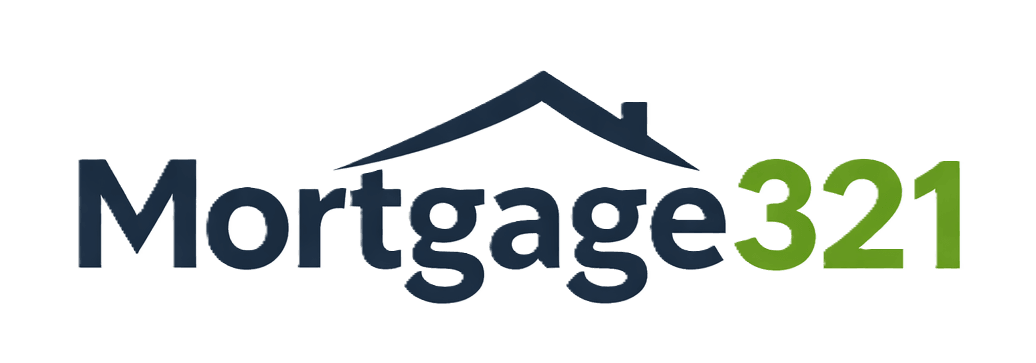UK Interest Rate Outlook for 2025-2030: What It Means for Mortgages
MP
As we navigate through the post-pandemic economic landscape, understanding the potential trajectory of UK interest rates is crucial for mortgage holders and prospective buyers. Recent analyses and predictions shed light on how interest rates might move from 2025 to 2030, influencing decisions in the property market.
Interest Rate Trends and Predictions
In 2025, the Bank of England (BoE) is expected to implement cuts, bringing the base rate down to around 3.7%. This adjustment aims to support economic growth while keeping inflation close to the BoE's 2% target. However, the actual pace of rate reductions may vary depending on persistent inflationary pressures, particularly within the services sector
Looking further ahead, from 2026 to 2030, the forecast suggests a continued but modest downward trend in interest rates. Financial markets predict a stabilised rate of approximately 3.7% in 2026, decreasing slightly each year to around 3.5% by 2029. These predictions reflect a cautious approach by the BoE, balancing inflation control with the need to stimulate the economy
What This Means for Mortgage Holders and Buyers
For those holding or considering a mortgage, these anticipated changes in interest rates are significant. A decrease in rates typically means lower monthly payments for those with variable-rate mortgages. Conversely, for new buyers, securing a mortgage during a period of lowering rates could mean more affordable borrowing costs and better mortgage deals.
However, the exact impact on your mortgage will depend on various factors, including your mortgage type and the terms of your deal with the lender.
Those considering remortgaging might find it advantageous to lock in a rate before any potential increases, especially if current forecasts adjust towards higher rates unexpectedly.
Economic Factors Influencing Rate Changes
Several key factors will influence the future of UK interest rates:
- Inflation: Continues to be a critical indicator watched by the BoE. Rates may need to be adjusted more frequently if inflation deviates significantly from the target.
- Economic Growth: As the UK continues to recover from the pandemic's impact, any signs of robust economic growth could pressure the BoE to adjust rates to prevent overheating.
- Global Economic Conditions: External factors such as international trade policies and global economic performance also play crucial roles in shaping the UK's economic policies and, consequently, interest rate decisions.
Disclaimer
Please note that these forecasts are based on current market analysis and economic conditions. Predictions can change based on new economic data, policy changes, or unexpected global events. As such, they should not be the sole basis for any financial decisions. Always consult with mortgage professional when considering mortgage-related financial decisions.
For more detailed advice tailored to your personal circumstances, please contact us at Mortgage321, where our experts are ready to help you navigate your mortgage options with the most current and comprehensive information available.
